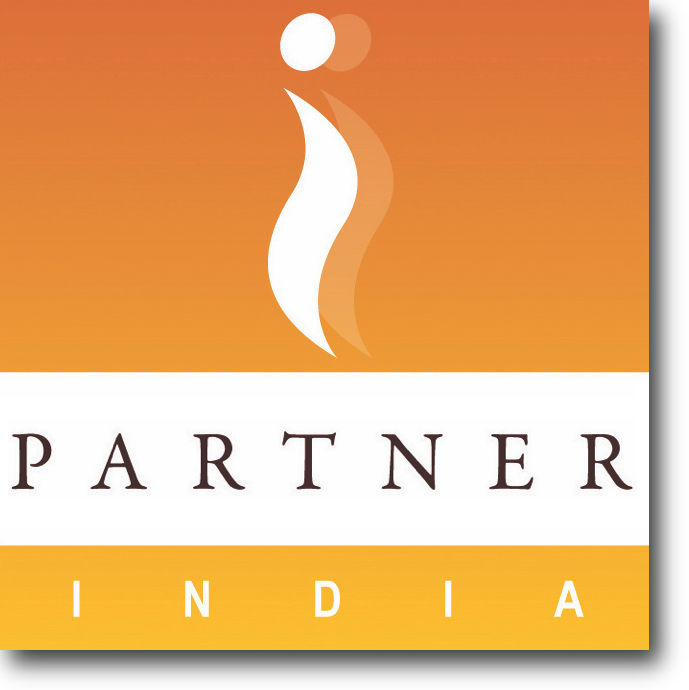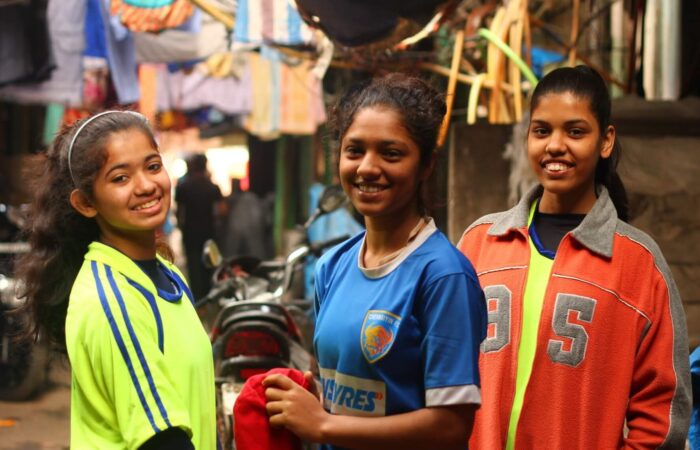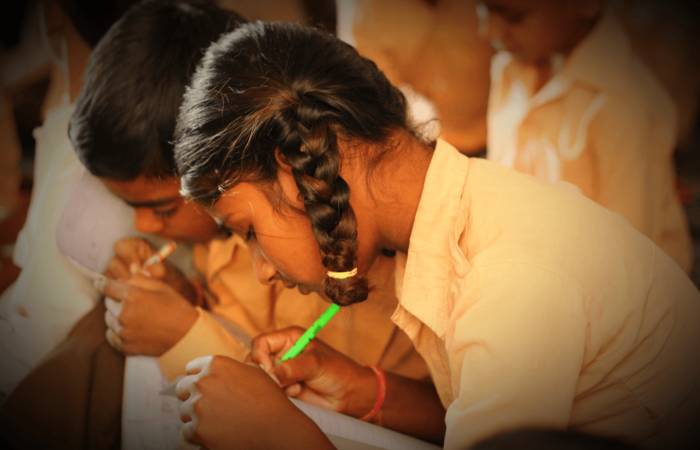
In a small village in Tonk, Sunita, a mother of three, struggled to make ends meet. With her husband’s erratic income and the looming threat of poverty, Sunita’s family was on the brink.

In another village in Tonk, Raj, a bright boy from a Nat village, faced a bleak future with limited access to quality education. His passion for learning was almost extinguished by the harsh realities of his socio-economic environment.

Similarly, a young girl named Priya stood at the crossroads of fate and ambition. Born into the Nat community, known for its deep-rooted customs, Priya’s future seemed to echo the past—predetermined and confined. Yet, within her, like Raj and Sunita, burned a quiet resolve for something different, a life where her dreams weren’t curtailed by the boundaries of tradition
It was against this backdrop that iPartner India introduced Project Rakshan in 2018. For many like Priya, Sunita, and Raj, this initiative has been a gateway to a new world of possibilities. iPartner India’s commitment to creating safe spaces for marginalized children and young adults has brought a new dawn to their doorstep with opportunities for education, empowerment, and self-determination.

Rakshan’s Thematic Interventions

Sustainable Livelihoods: Since its inception, Project Rakshan has addressed the economic underpinnings of the community’s challenges by introducing sustainable agriculture and non-farm livelihood options. Initiatives like smart kitchen gardens, poultry farming, and goatry provide families with alternative income sources. This in return has reduced their reliance on exploitative practices. The empowerment of women through Self-Help Groups (SHGs) and entrepreneurship training further solidifies the foundation for change.

Education and Empowerment: Recognising education as a crucial lever for change, Project Rakshan facilitates the enrollment and retention of children, particularly girls, in educational institutions. Scholarships, tuition classes, and support for higher education forge the path for many and offer them new aspirations and opportunities.

Democratic Institutions: The project’s engagement with democratic institutions at the grassroots level reinforces the community’s fabric. By energizing Village Level Child Protection Committees (VLPCs), School Management Committees (SMC), and Bal Panchayats, Rakshan nurtures a protective environment for children, all while advocating for their rights and well-being.

Health and Well-being: Addressing the critical need for accessible health services, Rakshan has organized health camps and training, focusing on sexual and reproductive health. The participation of Self-Help Groups (SHGs) and youth groups in promoting health awareness is a big step towards creating communities that are knowledgeable and empowered.

Capacity Building: The project’s success is underpinned by the continuous capacity building of its staff and mobilizers. Through targeted training and workshops, they have become adept at addressing the nuanced challenges of the communities they serve. This has helped ensure that the project’s interventions are both effective and sensitive to the local context.
As Project Rakshan looks to the future, the focus sharpens on deepening its impact. Advocacy at higher governmental levels, enhancing health services, broadening social issue discussions within SHGs, and increasing the project’s visibility are earmarked as crucial steps. Most importantly, fostering a sense of ownership and participation among the Nat community, especially its youth, will be key to ensuring the sustainability of change.
Stay tuned for more such stories on how iPartner India, through its interventions, is making a difference in over 9 million lives.



